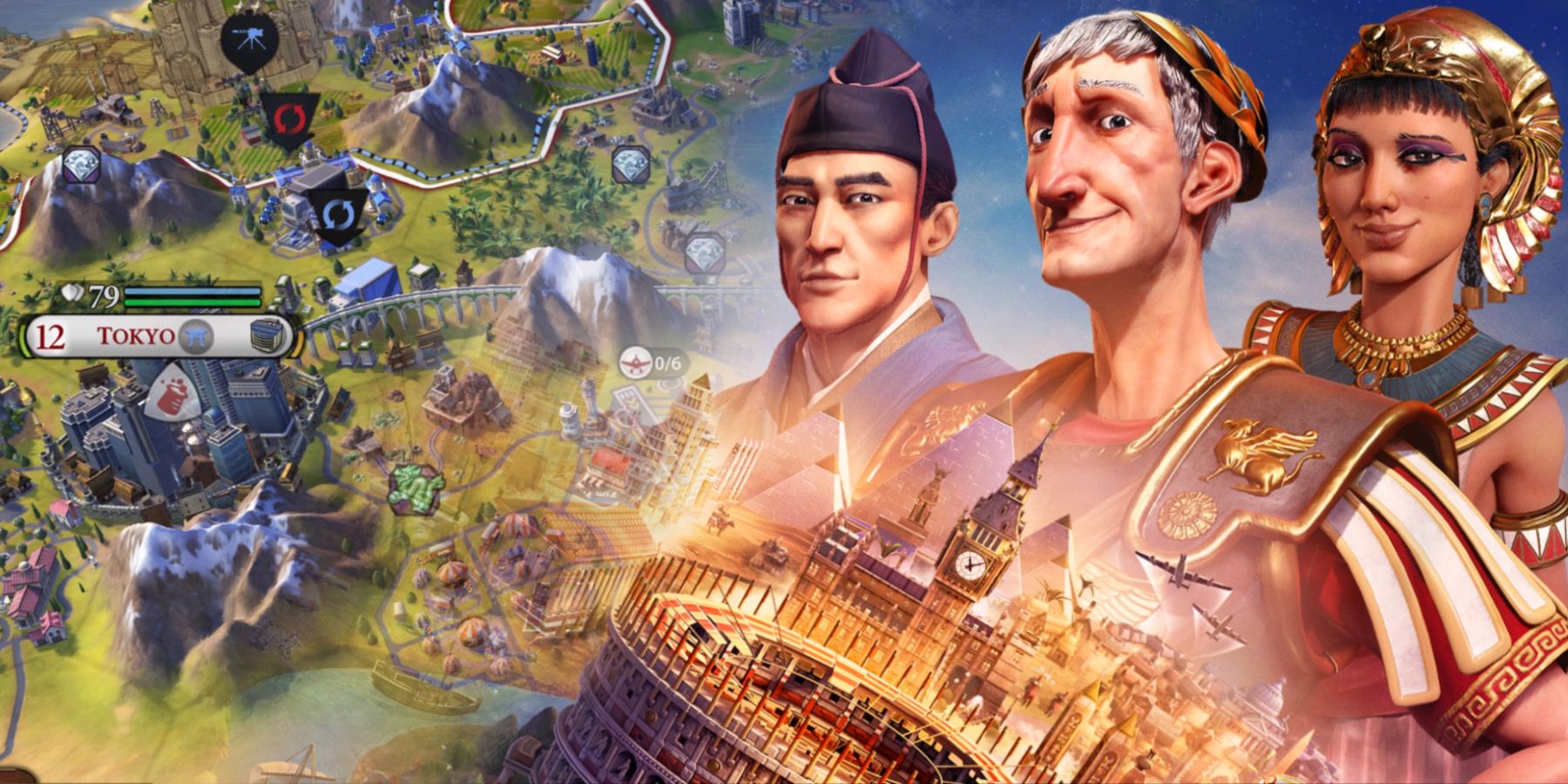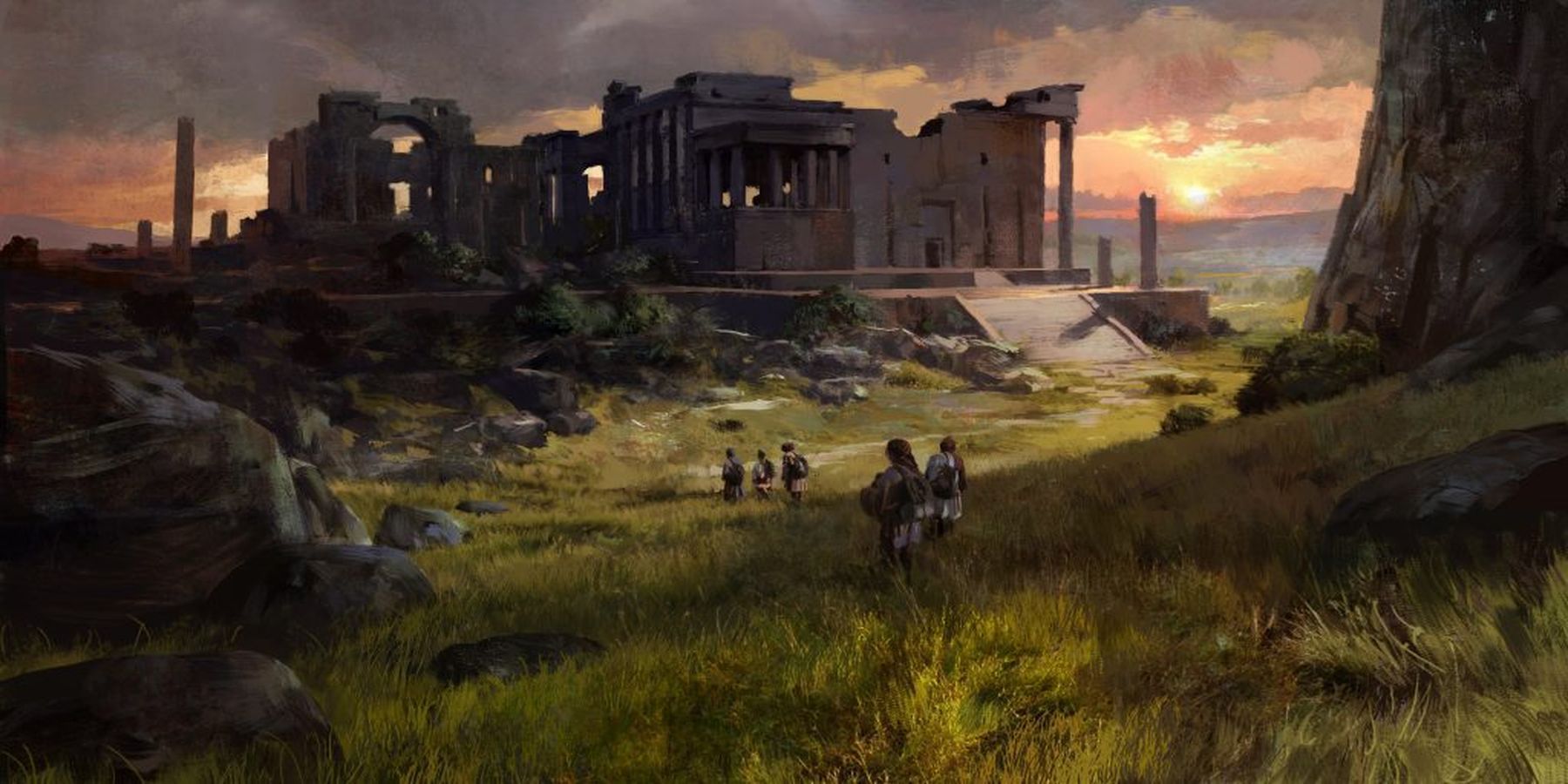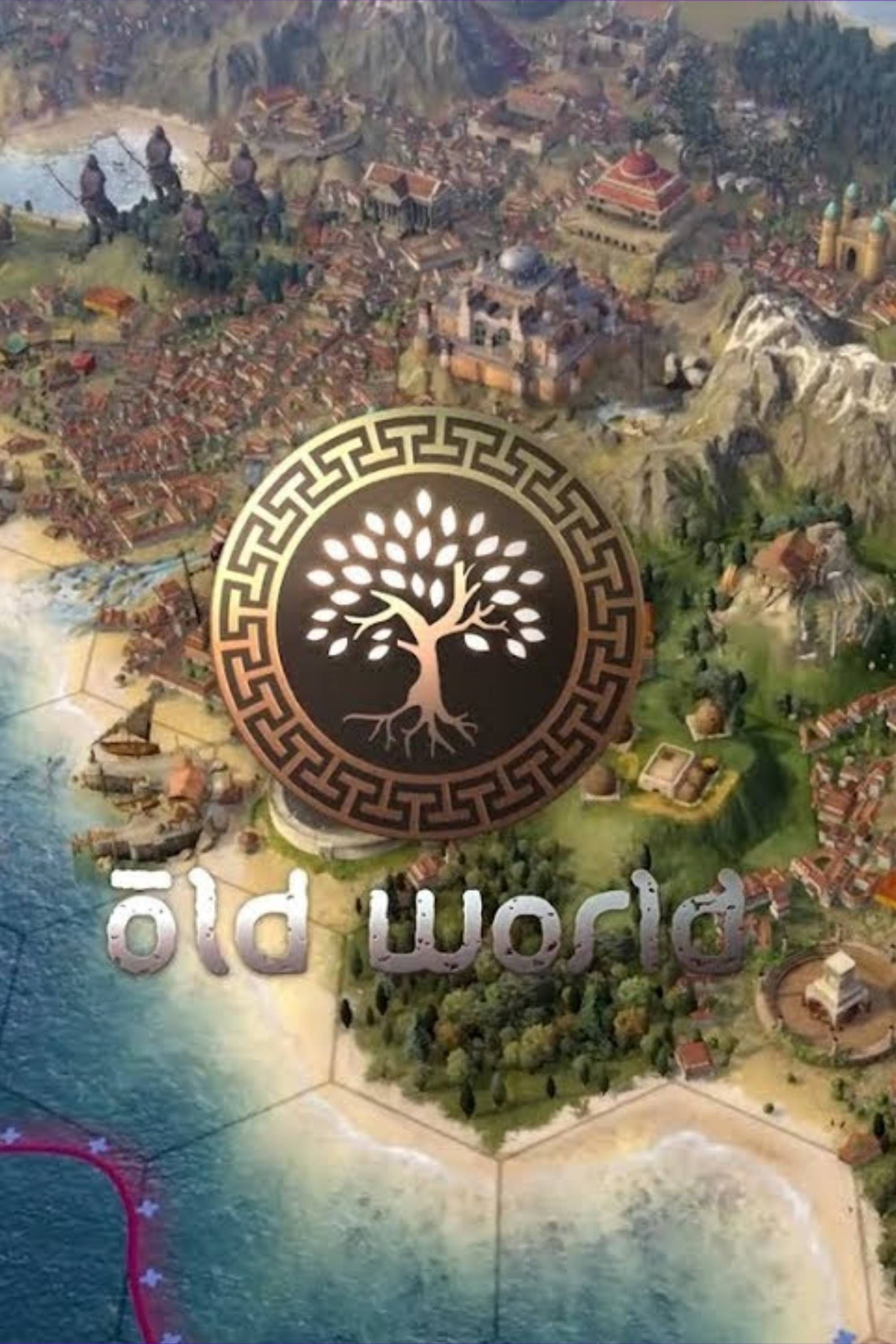Highlights
- The demand for turn-based strategy games like Civilization is high, and Old World is a strong contender that offers a similar gameplay experience.
- Old World combines politics and strategy in a unique way, offering a more intimate and immersive depiction of the Middle Ages compared to Civilization.
- Old World has distinctive features, such as predefined city locations and limited actions per turn, that set it apart from Civilization and make it worth exploring for strategy game fans.
The demand for traditional turn-based strategy gameplay is through the roof thanks to Baldur's Gate 3, and while fans wait anxiously for the next iteration of Sid Meier's Civilization blockbuster franchise, there's a gaping hole waiting to be filled in the market. Civilization 6's strong post-launch era did a remarkable job of maintaining player engagement, but as the franchise approaches eight years since a new addition, there's a need for a stopgap to explore until Civilization 7 hits the streets. In terms of similarity to Civilization's gameplay, few have the pedigree of Mohawk Games' Old World, and the depth of the historical detail in the title makes it a premier candidate for fans of the strategy genre to try out.
Civilization's popularity in the gaming market lies mainly in its depiction of famous rulers and distinct era changes, tasking players with building superpower modern nations from humble prehistoric beginnings in a highly competitive virtual world. With its turn-based mechanic, the franchise quickly distinguished itself from its peers through a stellar performance in Civilization 4, culminating in record sales numbers in Civilization 6. The darling of the 4X strategy franchise is hardly replaceable, but there are still a fair few competitors that can give the Firaxis product a run for its money. Old World is one of the higher-rated titles in the genre, and its similar outlook to Civilization 6 provides the perfect pastime until Civilization 7 finally becomes available.

Civilization Games Tier List
Sid Meier's Civilization has been around since 1991, and there are many great games within the franchise, from the main series to various spin-offs.
Old World's Combination of Politics with Strategy is a Breath of Fresh Air
Old World's Intimate Focus Can Endear it to Civilization Fans
Old World is described as "Civilization meets Crusader Kings", and the title owes this moniker to its focus on history and an equal fixation on turn-based combat. Set in the ancient Mediterranean landscape, the Mohawk Games project features eight nations for players to choose from, each equipped with unique bonuses and starting technologies to give them an edge over the competition. There are also smaller tribes like the Danes and Vandals that are similar to Civilization's city-states, and even barbarians, which add a bit of flair to Old World's gameplay. Old World retains the requisite elements of 4X strategy in tiles and units, but it deviates from Civilization's overlord style through its more intimate depiction of the Middle Ages.
Civilization, like other well-known franchises in the historical strategy genre, entices gamers to breeze through its eras in the quest to be the last nation standing, albeit at the cost of a relatable human feel. To eliminate the immersion problems that come with jumping eras, Old World launches its players fully into the medieval world through the lens of a Crusader Kings-styled ruler. While Civilization 6 allows one of its rulers to be used for an entire playthrough, Old World infuses an aging aspect where leaders get older with every passing turn.
Old World's Features Markedly Differ From Civilization 6
Each turn represents one year or half-year, depending on player preference, and the inevitable heir successions help its gameplay feel more organic. Through scripted events leading to possible noble family revolts, Old World has a political angle that is scarcely explored in Civilization 6, and it presents a nice change of pace from Firaxis' broader focus. The differences between both games don't stop with attention to political detail, as Old World's gameplay restrictions also distinguish it from the strategy giant.
For starters, while Civilization 6 has a free-handed approach to founding cities and allows players to start a new town anywhere on the map, Old World has pre-defined locations for settlements. Civilization's methods are in the interest of player autonomy, but expanding cities can often pose an encroachment headache, and the restrictions are Mohawk Games' solution to the layout problem.
Similarly, the Orders feature in the Old World puts a spin on traditional strategy 4X dynamics, limiting the number of actions players can take in a single turn. Everything in-game costs Orders, from moving and training units to diplomatic pursuits, forcing gamers to prioritize actions like stamping out fledgling noble rebellions over responding to aggressive foreign armies. With the plethora of resources to manage and political nuances to maneuver, Old World's similar yet distinctive premise makes it a game worthy of exploring while fans speculate about what to expect from Civilization 7.




